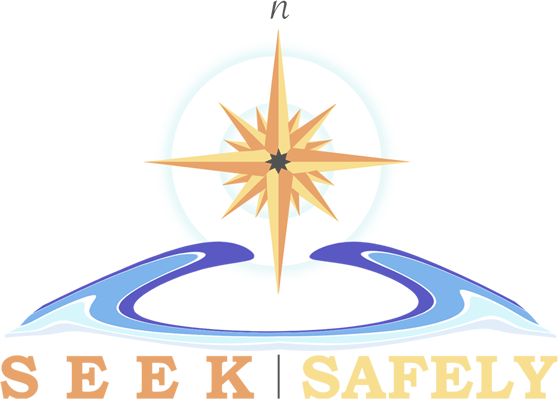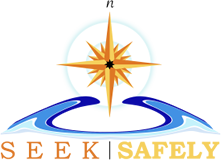Kirby’s Story
Kirby Brown, born February 8, 1971, was “drunk on life.” She rode horses, mountain biked, hiked, surfed, loved blues and jazz, danced ‘till dawn and was always the life of the party. She owned a decorative painting business in San Jose del Cabo, Mexico, where she had lived for 10 years.
Always seeking to learn more, be more, and improve personally and professionally, Kirby attended James Arthur Ray’s “Spiritual Warrior” retreat, an intense, 5-day experience in Sedona, AZ. Ray was an international motivational speaker and self-help author known for his work in “The Secret” and his frequent appearances on Oprah. Kirby and about 50 other people participated in many physically and emotionally challenging activities designed to bring them to the next level in their personal and professional lives. Many of these participants were entrepreneurs and high achievers—the type of people constantly looking to improve themselves.
On October 8, 2009, Kirby lost her life along with two other participants in the final activity of the retreat, a poor imitation of a Native American “sweat lodge.” Twenty other participants were taken to local hospitals.
James Ray was found guilty of negligent homicide in November, 2011, and sentenced to two years in prison for these three deaths. He served 20 months.
If SEEK had existed in 2009 could the tragedy in Sedona have been avoided?
After the retreat, we realized the true scope of James Ray’s negligence:
Ray lied about his credentials and training. He used techniques that he was not licensed to use and activities he wasn’t trained to lead. He encouraged participants to share highly personal stories, despite not being a licensed, trained therapist or psychologist.
There were little to no safety measures in place for the sweat lodge or other physically challenging events during the week.
Participants at past Ray “sweat lodges” had been harmed. But instead of being more careful, Ray made the 2009 lodge even more intense—hotter and longer.
During the entire week, participants experienced sensory deprivation and cult-like control tactics (limited food, water, bathroom access, contact with other people) that affected their rational decision-making abilities. They were physically and emotionally weakened even before the sweat lodge began.
Participants were told that it was good to experience physical difficulty in the sweat lodge. But these were actually warning signs of heat stroke (which is ultimately what caused the three deaths).
During the sweat lodge, Ray ignored calls for help and warnings that participants were in trouble.
Ray’s behavior during the retreat and following the tragedy revealed a reckless, arrogant, irresponsible, morally bankrupt person. Kirby’s thirst for self-improvement and growth was exploited by a fraud who was unable to live the very lessons he taught.
We’ve discovered that many other self-help “gurus” are running similar scams to James Ray—they’re unqualified, motivated by money, and have little regard for the safety and well-being of their customers. For providers of personal development, there are no ethical guidelines. There are no laws to ensure emotional or physical safety. No laws to protect from financial loss. No laws to require a risk management plan at physically challenging events.
Ironically, if James Ray had a professional license, it would have been revoked after his conviction. But no such licensing exists for gurus in the personal and professional development world. As we learned of the abuses in the industry, we realized that it is only a matter of time before other seekers are harmed financially, emotionally or physically.

